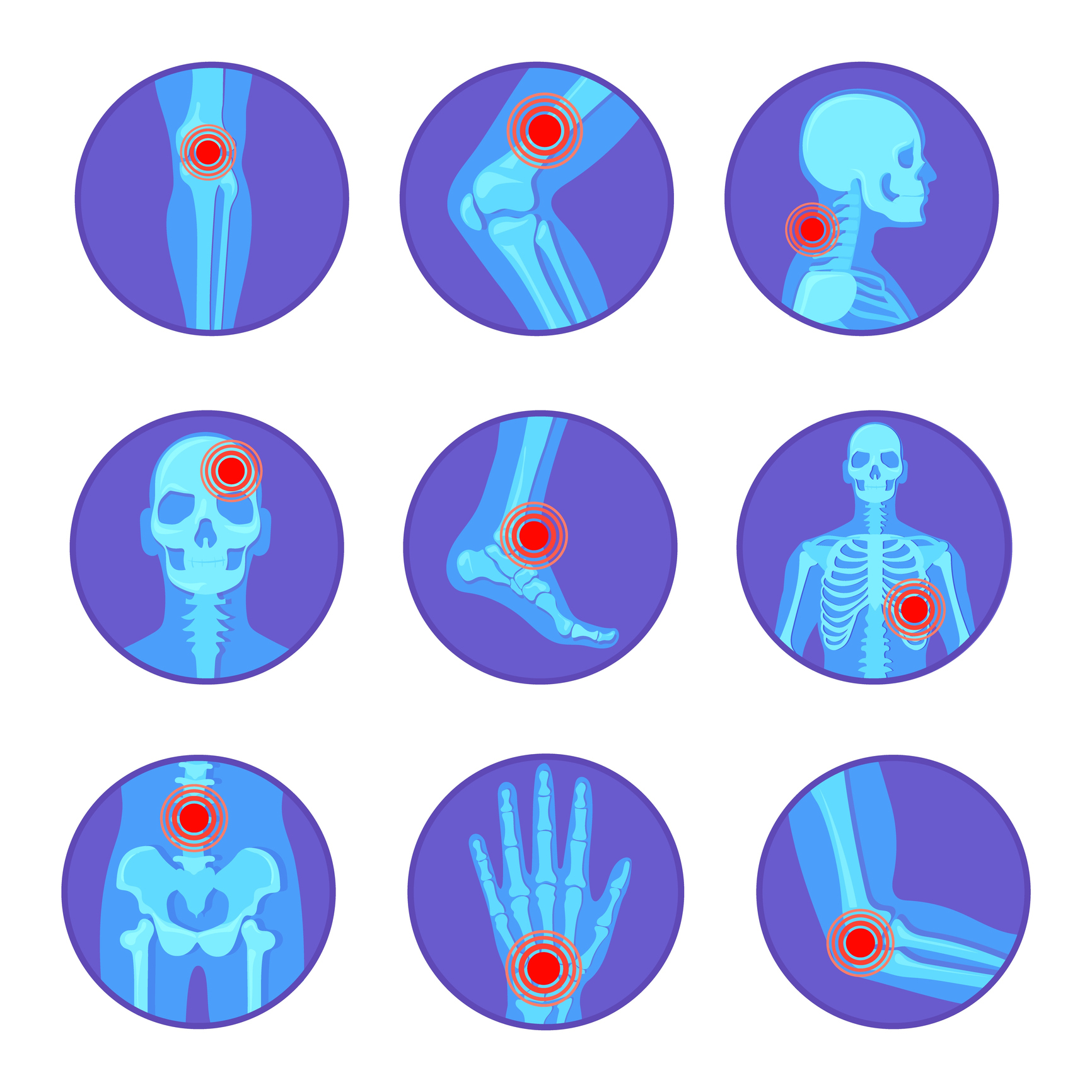Rheumatoid arthritis is a commonly occurring chronic disease that causes joint inflammation, swelling, structural damage, pain, and stiffness. A large number of biological medicines for rheumatoid arthritis are also available. The objective of this research is to investigate the comparative effectiveness of biological medications in rheumatoid arthritis.
This was a systematic review and network meta-analysis study, including aggregated results from reassessed patient data. The selected studies were randomized controlled trials investigating the outcomes in rheumatoid arthritis patients treated with biological medicines in combination with methotrexate.
The researchers found 45 eligible trials, including up to 35 studies on eight biological medicines combined with methotrexate. The analysis found that Anakinra showed less benefit than all the other seven biological medications regarding clinical remission or low disease activity. Certolizumab Pegol showed more harm than the other seven medications.
Some outcomes had vast 95% confidence intervals, indicating unidentified differences between the eight biological medicines. However, the wide 95% confidence intervals were less common for low-disease activity, infections, and serious adverse events. But the results were mainly based on indirect comparisons with a limited number of studies.
The research concluded that in patients with rheumatoid arthritis after methotrexate failure, only minor differences in benefits or harms were recognized between biological medicines in combination with methotrexate.


